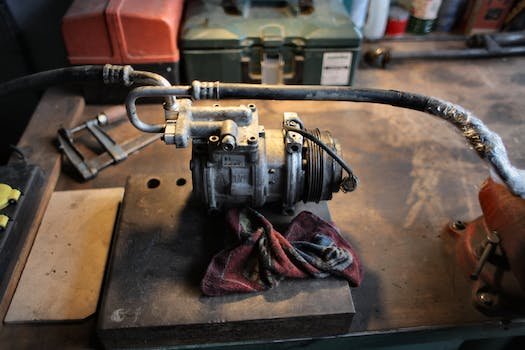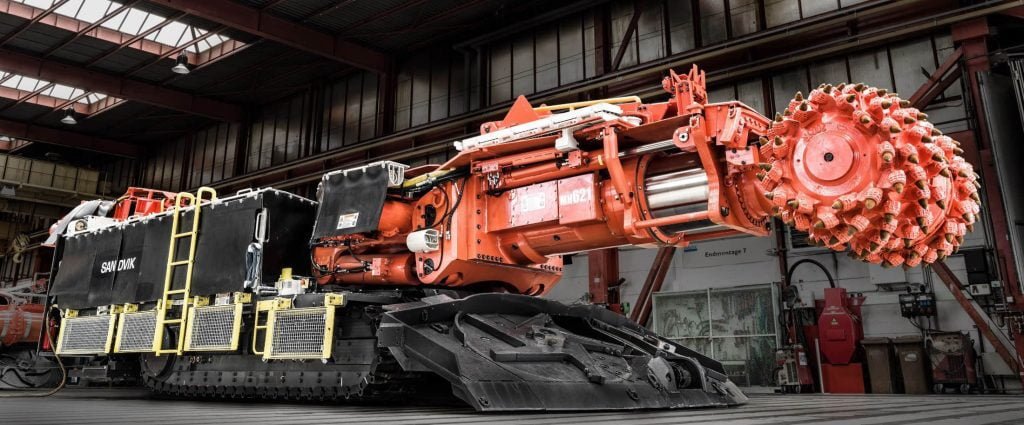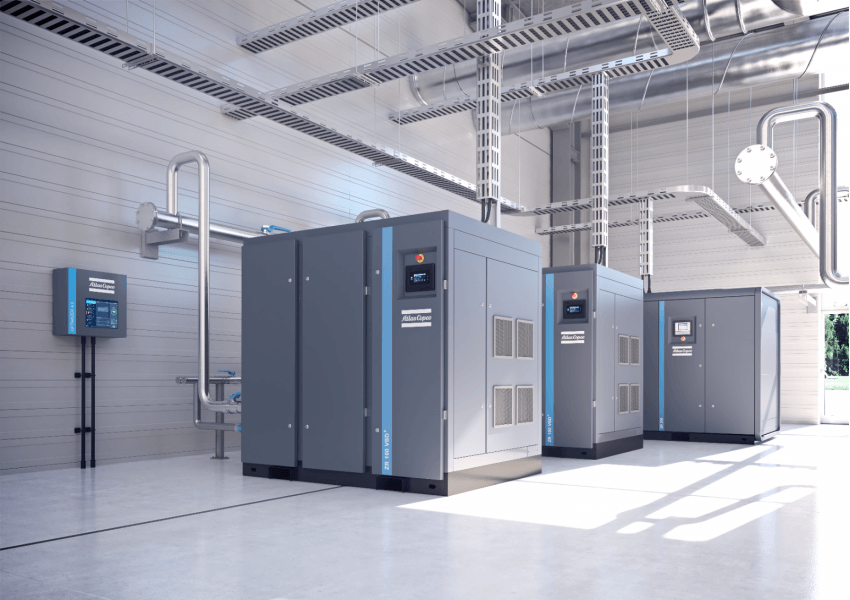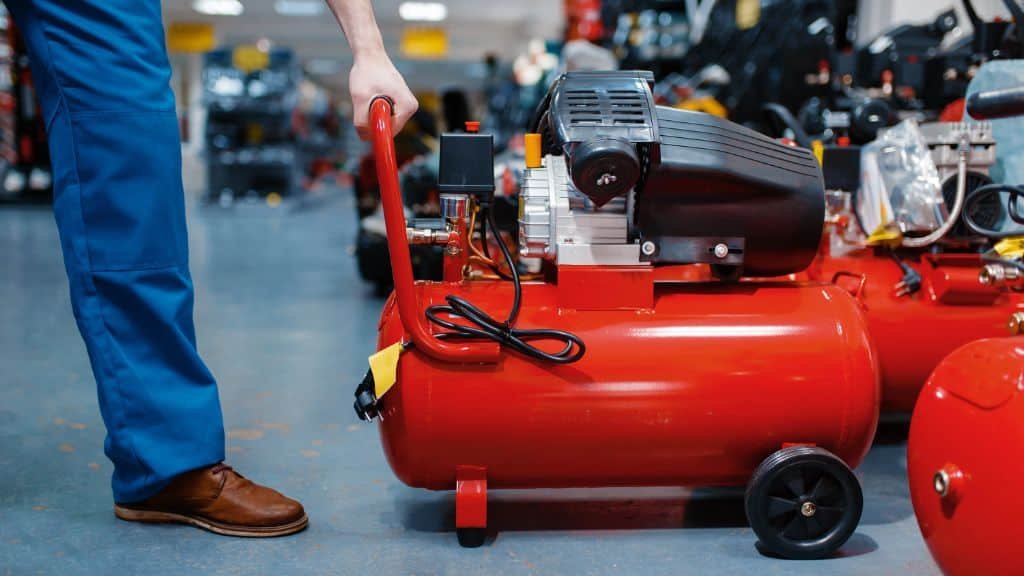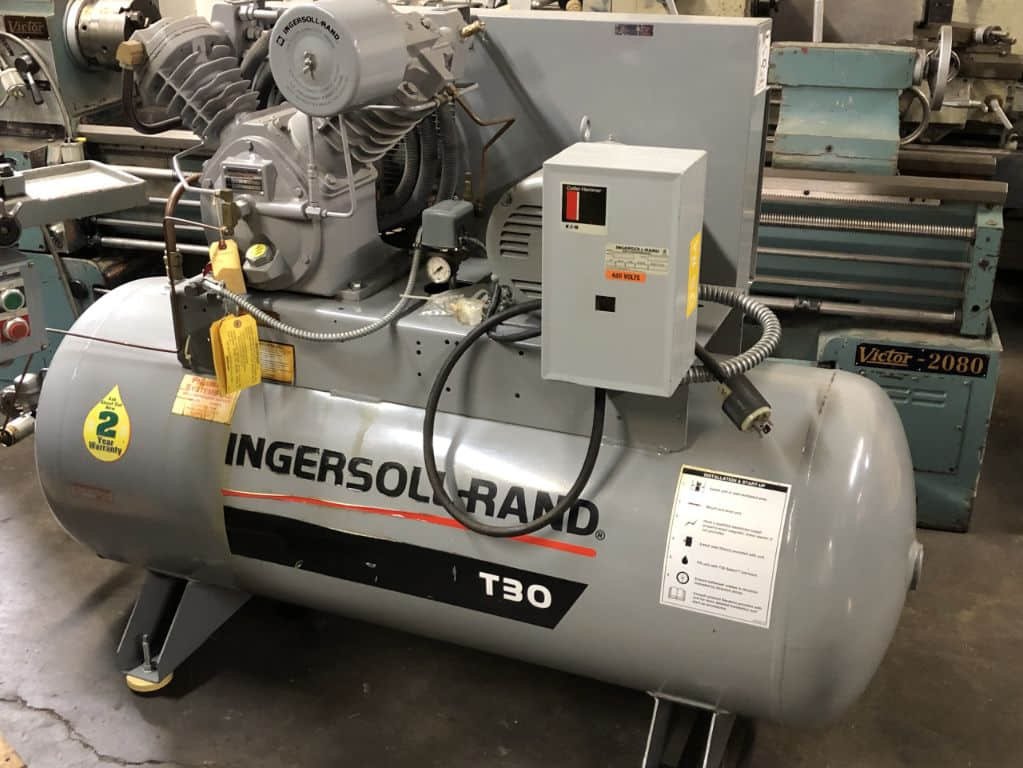Assessing Part Quality and Lifespan for Bosch Air Compressors
When it comes to air compressors, Bosch is a trusted name in the industry. Known for their reliability and performance, Bosch air compressors are widely used in various applications, from automotive repair shops to construction sites. However, like any mechanical device, air compressors are subject to wear and tear over time. In this article, we will explore how to assess the part quality and lifespan of Bosch air compressors, ensuring that you get the most out of your investment.
Understanding the Importance of Part Quality
Before we dive into assessing part quality, let’s first understand why it is crucial. The quality of the parts used in an air compressor directly impacts its performance, efficiency, and lifespan. High-quality parts are designed to withstand the rigors of continuous operation, ensuring that your air compressor operates smoothly and reliably.
On the other hand, low-quality parts may lead to frequent breakdowns, reduced efficiency, and increased maintenance costs. Therefore, it is essential to assess the part quality of your Bosch air compressor to ensure optimal performance and longevity.
Assessing Part Quality
When assessing the part quality of your Bosch air compressor, there are several factors to consider:
1. Material Quality
The material used in the construction of the parts plays a significant role in their durability and performance. High-quality parts are typically made from robust materials such as stainless steel or cast iron, which can withstand high pressures and temperatures without deformation or corrosion.
On the other hand, low-quality parts may be made from inferior materials that are prone to rust, wear, and breakage. Inspect the parts closely to ensure that they are made from high-quality materials that can withstand the demands of your specific application.
2. Manufacturing Standards
The manufacturing standards followed during the production of the parts also impact their quality. Bosch is known for its stringent manufacturing processes, ensuring that each part meets the highest standards of quality and precision.
When assessing the part quality, look for signs of precision machining, smooth finishes, and proper assembly. These are indicators of a well-manufactured part that is less likely to fail prematurely.
3. Compatibility
Another crucial aspect of assessing part quality is compatibility. Bosch air compressors are designed to work seamlessly with their respective parts. Using incompatible or aftermarket parts can compromise the performance and lifespan of your air compressor.
Always ensure that the parts you are using are specifically designed for your Bosch air compressor model. This will help maintain the integrity of the system and ensure optimal performance.
Assessing Lifespan
Assessing the lifespan of your Bosch air compressor involves evaluating its overall condition and performance over time. Here are some key factors to consider:
1. Maintenance
Regular maintenance is crucial for prolonging the lifespan of any mechanical device, including air compressors. Follow the manufacturer’s recommended maintenance schedule and perform routine checks to ensure that all parts are in good working condition.
Regularly inspect and clean filters, check for leaks, and lubricate moving parts as necessary. By keeping your air compressor well-maintained, you can prevent premature wear and extend its lifespan.
2. Operating Conditions
The operating conditions in which your air compressor is used can significantly impact its lifespan. Factors such as ambient temperature, humidity, and dust levels can affect the performance and longevity of the parts.
Ensure that your air compressor is operated within the recommended temperature and humidity range. If your environment is particularly dusty, consider installing additional filtration systems to protect the internal components from contamination.
3. Load and Duty Cycle
The load and duty cycle of your air compressor also play a role in its lifespan. If your air compressor is consistently operating at or near its maximum capacity, it may experience more wear and tear compared to one that operates at a lower load.
Consider the demands of your specific application and choose an air compressor that is appropriately sized. This will help prevent excessive strain on the parts and extend the overall lifespan of the unit.
Conclusion
Assessing the part quality and lifespan of your Bosch air compressor is essential for ensuring optimal performance and longevity. By considering factors such as material quality, manufacturing standards, compatibility, maintenance, operating conditions, and load, you can make informed decisions to maximize the lifespan of your air compressor.
FAQs
Q: Can I use aftermarket parts for my Bosch air compressor?
A: While aftermarket parts may be cheaper, they may not meet the same quality standards as genuine Bosch parts. It is recommended to use parts specifically designed for your Bosch air compressor to ensure optimal performance and longevity.
Q: How often should I perform maintenance on my Bosch air compressor?
A: It is recommended to follow the manufacturer’s recommended maintenance schedule, which typically includes regular checks and cleaning. Additionally, perform routine inspections to ensure that all parts are in good working condition.
Q: Can operating conditions affect the lifespan of my air compressor?
A: Yes, operating conditions such as temperature, humidity, and dust levels can impact the performance and longevity of your air compressor. Ensure that your air compressor is operated within the recommended range and take necessary measures to protect it from excessive dust or contaminants.
Q: How do I choose the right-sized air compressor for my application?
A: Consider the demands of your specific application, including the required pressure and flow rate. Choose an air compressor that is appropriately sized to prevent excessive strain on the parts and extend the overall lifespan of the unit.
